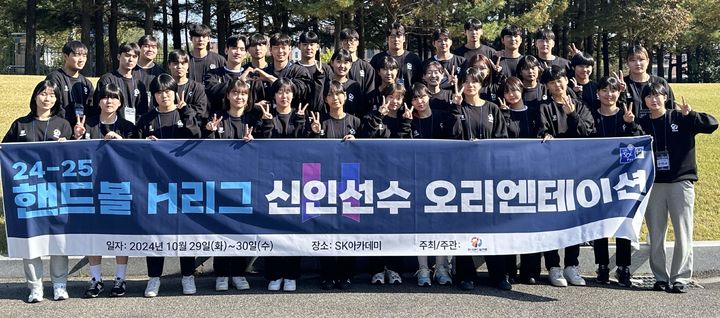Jammu and Kashmir Government Boycotts Foundation Day Amid Tensions
The Jammu and Kashmir government’s decision to boycott the Union Territory’s Foundation Day celebrations has ignited a fierce exchange between the ruling coalition, led by Omar Abdullah, and Lieutenant Governor Manoj Sinha. This growing rift showcases the complexities surrounding Jammu and Kashmir’s status following its reorganization into Union Territories in 2019. The National Conference and Congress, the two principal parties in the ruling coalition, have expressed their refusal to acknowledge Jammu and Kashmir as a Union Territory, indicating that political sensitivities continue to shape the region’s governance.
Boycott of a Controversial Celebration
On Thursday, the National Conference and Congress announced their absence from the Foundation Day event held in Srinagar. Omar Abdullah, the Chief Minister, emphasized the coalition’s stance by arguing that Jammu and Kashmir would soon regain its statehood. His assertion resonates with many within the region who feel that their interests and identities are being marginalized. "We will get our statehood back," Abdullah stated, reinforcing his commitment to restoring what he refers to as the region’s dignity and sovereignty.
Lieutenant Governor Manoj Sinha, addressing the situation, accused the ruling parties of a "dual character." He remarked, "I am seeing that those who took oath as MLA of a Union Territory and often refer to the Constitution of India are not here. The ground reality is that it is a UT today," challenging the opposition’s legitimacy while highlighting the current political framework. Sinha described the preceding five years as an "era of peace, prosperity, and development," aiming to project a narrative of progress despite ongoing dissent.
Historical Context and Political Implications
The reorganization of Jammu and Kashmir into Union Territories in 2019 was a significant turning point influenced heavily by the abrogation of Article 370. This constitutional change stripped the region of its special status, prompting widespread protests and a reassessment of governance. The ongoing debate about Jammu and Kashmir’s status reflects deeper issues of identity, autonomy, and local governance, which impact both the public and technology sectors in terms of regulation, investment, and infrastructure development.
As the discourse unfolds, political figures like Mehbooba Mufti of the People’s Democratic Party and others, including Sajad Gani Lone and CPI(M) leader Mohammad Yousuf Tarigami, have also joined the boycott. Mufti labeled the Foundation Day a "black day," symbolizing disenfranchisement rather than development. "What has happened to J&K is unprecedented. Today is a black day, and it will remain so until J&K’s special privileges are restored," she asserted during a press conference in Pulwama.
Public Sentiment and the Response to Statehood
Public sentiment remains heavily tied to the status of governance and representation in Jammu and Kashmir. Both Abdullah and Congress state president Tariq Hameed Karra have underscored that those who appreciate the distinction between a Union Territory and a state will find it challenging to celebrate an occasion that they perceive as a degradation of their rights. Karra articulated that "any sensitive person" in Jammu and Kashmir would share similar sentiments, noting, "The Congress has never recognized J&K as a Union Territory in our hearts, and we continue to fight for statehood."
Navigating the Path Forward
The ongoing conflict between the central government’s representatives and local governance highlights the challenges of managing technology and infrastructure development in a politically charged environment. As Jammu and Kashmir strives for reconciliation and progress, the implications for development initiatives and international investment strategies remain profound. Local governance, technology adoption, and resource allocation are likely to be affected by this political standoff, signifying a broader struggle for autonomy and agency in decision-making processes.
As discussions around statehood and political identity continue, Engendering public discourse is essential. Readers are encouraged to share their thoughts on the evolving dynamics in Jammu and Kashmir and how these developments might influence the region’s future.
For more insights on political developments and their impacts on technology and governance, check out our related articles on Shorty-News.
Stay tuned for further updates as the situation continues to evolve.

